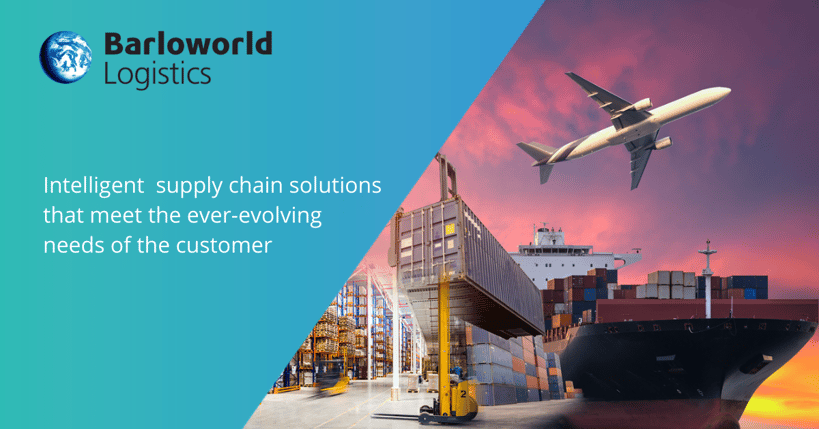
Digital Innovation Insights with Sello Lehong, Head of Innovation.
In our second episode of our digital innovation series Sello explains how we're using artificial intelligence and machine learning for transport management at Barloworld AutoLogistics.
The ever-expanding array of choices at customers’ disposal on the internet presents service providers with opportunities to respond to the ever-evolving customer expectations efficiently. While consumers require personalised and efficient customer experience, service providers are faced with the task of knowing what their customers need before they even make up their minds.
Predictive Analytics and Artificial Intelligence continue shaping the logistics and supply chain industry
Often referred to as predictive analytics, predictive intelligence gives companies the competitive edge to create tailor-made customer experience by monitoring customer behaviour and creating a profile based on their preferences to aid in predicting what they will want next. Predictive capabilities enable companies to be proactive, save costs, and be more efficient. This can even give insight to early indications of any change in customer behaviour. In supply chain and logistics, time and resources can affect the service provider’s bottom line.
With predictive technology and intelligence and artificial intelligence (AI), customers can enjoy safe and on-time delivery. At the same time, companies are enabled to identify the most suitable routes, improve warehouse management, and reduce inventory errors. Predictive intelligence and AI allow service providers to identify risks and opportunities to help in agile decision making. As logistics companies rely on transport management systems (TMS), complemented by predictive analytics, these systems can foresee distractions and unfortunate events before they take place for a proactive reaction. It is clear that when service providers can proactively predict what the market needs, with accurate planning and forecasting, they can promptly move goods and services to where there is the most demand, thereby ensuring smooth and positive customer experience.
Missed episode one of our Digital Innovation Series? Never fear, you can find it here. Learn how 4IR and rapid advances in technology will affect the supply chain and logistics industries.
Big Data and Machine Learning continue to change the game in supply chain
While a substantial number of companies are aware of the benefits presented by big data analytics, some companies are still challenged by collecting and analysing data. Analysed and implemented correctly, supply chain companies can benefit immensely from big data, including the reduction of costs as well as improved insight in comprehending customer and market trends. Experts note that the ability to interpret, analyse, and use data effectively will be the next big challenge for the industry.
Companies ought to invest in people who can extract and use insights to optimise processes, with the capability to match information to the right technologies while being cognisant of the suitable security procedures in place. Disasters such as COVID-19 pose vast trade disruptions and challenge supply chain as well as logistics companies to be agile in responding and adapting to market needs in times of crisis. In such unprecedented times, with the demand of essential products and services, data plays a critical role in highlighting trends, finding patterns and determining what actions need to be implemented based on the insights presented.
On the operational side, big data assists in collecting weather and real-time traffic conditions data, therefore, improving delivery time and finding the most suitable routes. Similar to Predictive Intelligence, Artificial Intelligence and Big Data, Machine Learning offers comparable advantages; from predicting supply chain trends based on human behaviour, to mitigating risks, enhanced unique customer experience as well as improved decision making. Machine Learning furthermore enhances customer engagement, planning, and helps in attaining an optimised inventory.
Investing in predictive technologies is no longer an option but rather a necessity for supply chain and logistics companies. Artificial Intelligence can assess data and comprehend customer behaviour in an instant. As unique customer experience continues to provide high returns on investment for most service providers, with consumer expectations evolving every second, supply chain, as well as logistics service providers, ought to have a competitive edge and be two steps ahead of the customer's needs.
Never miss a post! Subscribe for Barloworld Logistics insights and get our latest content delivered to your inbox in our monthly blog round up.




